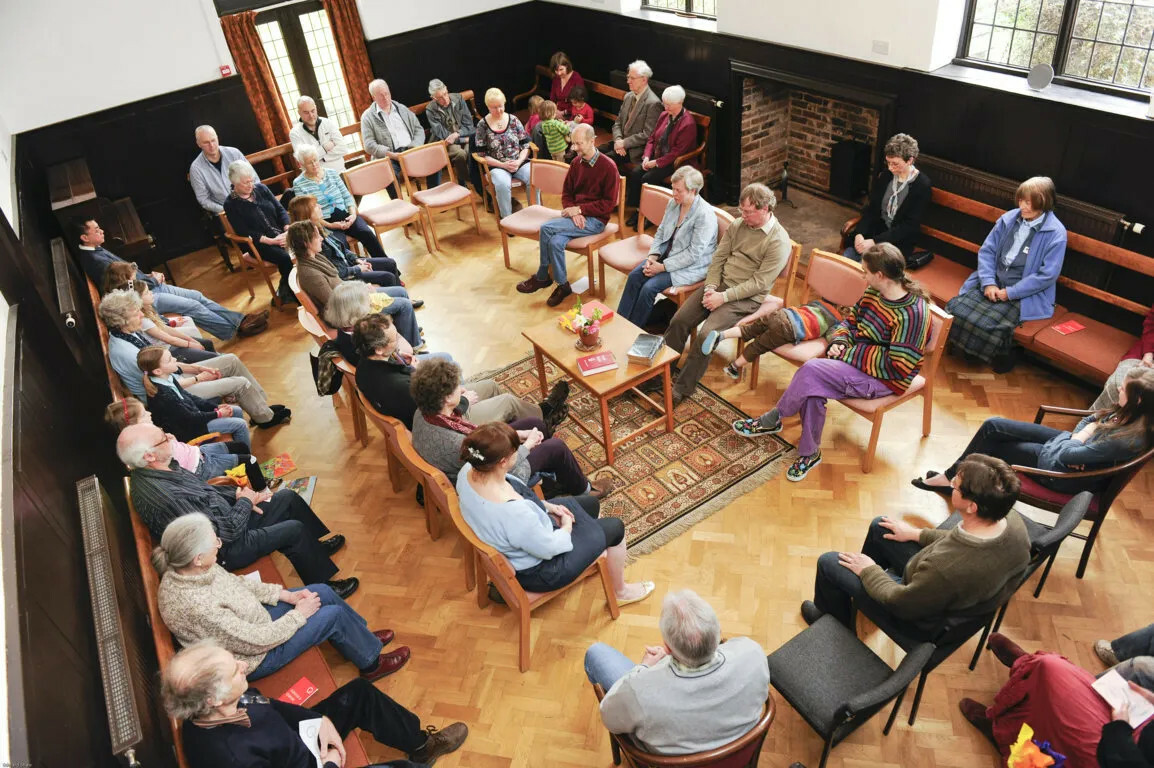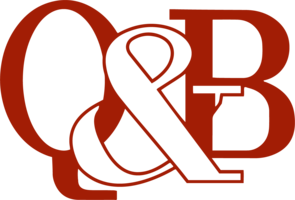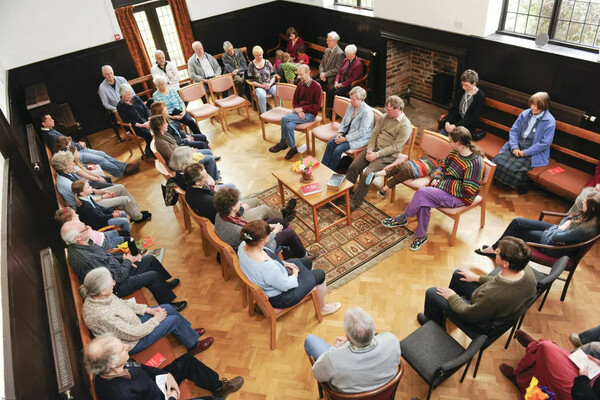
This article was originally published in The Friend (3rd October 2014).
Is our much treasured method of deciding business ‘in the manner of Friends’ exclusive to our Society? Does it only work for Quakers, or is it, in one form or another, exportable to other religious or even secular communities? Might we be sitting on a secret that should be shared with others?
I ask because I’ve recently been involved in an experiment designed to explore this very question. Each year Lancaster University (which has historic Quaker connections) runs a unique course for senior business people and decision-makers from all over the world, many of them on the board of major household-name multinational companies. The three-week programme aims to expand their business horizons by introducing them to ways of thinking that they would be unlikely to come across in the standard Harvard-type business school. So they find themselves studying stuff like William Wordsworth’s The Prelude – and even Quaker faith & practice!
Listening
At the university’s invitation, I contribute an annual lecture on Quakerism to men and women, most of whom have never heard of Quakers. This year I had a group of fourteen from Germany, Spain, the Netherlands, Canada, the USA, Japan, Korea and Brazil. I was given a couple of hours to fill them in on Quaker history, testimonies, worship and practice. But what really grabbed their attention was the Quaker method of decision-making, no doubt because it was so very different from what they are used to in the boardroom.
It seemed to me that the best way to get across how Quaker decision-making works was to involve them in the process. So, I asked them to imagine that they had been appointed by an international body – the ‘G14’ – commissioned to make a ruling on corporate taxation. Their remit was to decide whether it would be best, in the interest of both the business community and the general public, for there to be an internationally agreed level of corporate taxation, applied to all countries, or to leave each country to set its own levels.
As the (in this case) self-appointed clerk, I outlined the rules. First, a period of silence while hearts and minds were prepared, then the importance of listening to each opinion or comment without interruption, allowing a period of silence between each contribution. There would be no vote. Instead, the clerk, supported in silence, would draft a minute summarising the sense of the meeting. This would be offered for approval, rejection or further consideration.
Being in unity
The first speaker favoured an internationally binding agreement on corporate tax levels, signalling international cooperation rather than competition. Another was eager to respond and had to be reminded of the silence rule. After maybe twenty seconds or so he suggested that a common level would disadvantage less developed countries, depriving them of the power to attract investment by setting lower tax rates. What might be intended as a fairness rule, he suggested, would be fairer to some than to others. More silence, followed by more contributions as the meeting considered complexities beyond the clerk’s understanding!
It became clear that the meeting was not of one mind on the question, but was in unity with the proposal that the ‘G14’ members consult with those they represented and reconvene to consider how best to take the matter forward. The clerk minuted this, read it to the meeting and was rewarded with a multilingual chorus of ‘Hope so!’
Was this an authentic Quaker Business Meeting? Of course not. It could never be more than a shared experience of the mechanics of consensual decisionmaking. But what followed, in the brief time available as the session had overrun, was a passionate discussion on the value of seeking agreement by consensus rather than by adversarial debate focused on winning majorities. No-one, least of all the clerk, was misled into supposing this had been a real Quaker Business Meeting in ‘right ordering’, but it clearly made a strong impression on those who took part. The organisers told me that it remained a talking point throughout the rest of the programme and participators’ evaluation sheets scored it as the most stimulating session of the course.
Consensual models
So, how might this relate to the question I posed at the beginning? Is Quaker decision-making ‘in the manner of Friends’ exportable? Clearly, I do not expect our process, enriched by more than three centuries of discernment and experience, to be adopted lock, stock and barrel in the boardrooms of Lufthansa and Sony. But is it too much to hope that, even in the most competitive environments, consensual models of making decisions might lead to better outcomes than traditional models built around strategies for defeating and out-voting one’s perceived opponents?
By now, I guess, there will be some readers who are already halfway through drafting a letter to the editor drawing my attention to paragraph 3.02 in Quaker faith & practice, which insists on a distinction between ‘the secular idea of consensus’ and recognising God’s will ‘through the discipline of silent waiting’. I do see the difference, but I do not, personally, believe that it is important. However we may choose to describe it, we know from experience that in the discipline of silence ‘a new way may be discovered which none present had alone perceived and which transcends the differences of the opinions expressed. This is an experience of creative insight, leading to a sense of the Meeting’ (Quaker faith & practice 3.06).
Creative insight
If we really want to share with others our ‘experience of creative insight’ as we grapple with decision-making in the discipline of silence, we should perhaps avoid being too dogmatic about insisting on one understanding (God’s will) to the exclusion of another (seeking consensus). After all, whether the guidance we rely on is divine or human, it’s we fallible humans who decide whether to paint the Meeting house walls pink, or what name to give the refurbished Large Meeting Room at Friends House.
We decide ‘in the manner of Friends’. Maybe what is exportable is the process of deciding ‘in the manner of friends’.




